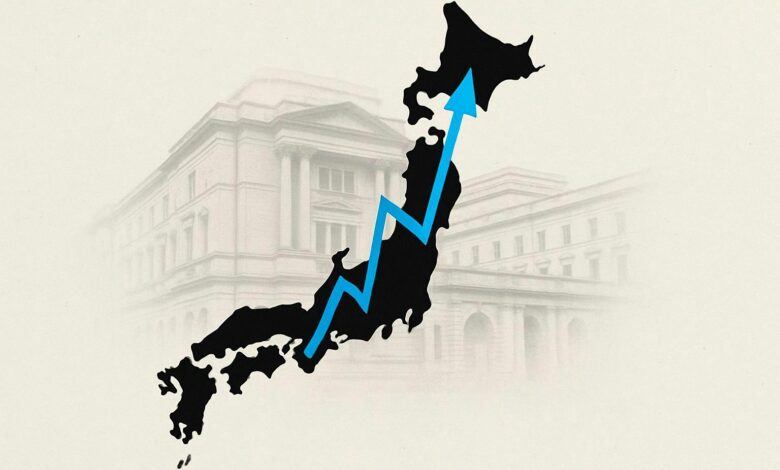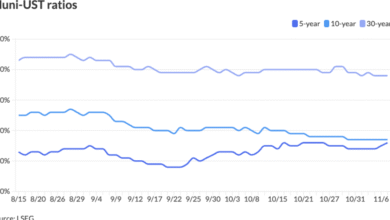Japan’s Bond Yields Hit 16-Year High As Rate Hike Talk Grows

What’s going on here?
Japan’s two-year government bond yield just touched 0.935%, a level last seen in 2008, after lackluster demand at a recent bond auction fueled fresh speculation about a Bank of Japan rate hike.
What does this mean?
It’s rare for Japanese bonds to steal the spotlight, but sluggish demand at this week’s two-year bond auction pushed yields to a sixteen-year high. The bid-to-cover ratio—a key gauge of demand—dropped to 2.81, its weakest since 2009, signaling that investors are getting jittery as talk grows about a possible Bank of Japan interest rate hike. Fresh meeting minutes show policymakers openly debating the timing and need for a change to Japan’s famously low rates, hinting that a move could come sooner than the market expects. Meanwhile, Japan’s Ministry of Finance has boosted the size of two-year issues and is thinking about shifting toward shorter maturities, adding more pressure to short-term yields. While falling US Treasury yields have offered some relief, the yen continues to hover near 148.5 per dollar, keeping currency watchers on edge.
Why should I care?
For markets: A jolt for global bond watchers.
Japanese government bonds are usually seen as an anchor of stability, but rising yields now signal that even the safest markets aren’t immune when central banks change course. With two-year and ten-year JGB yields both trending higher, global investors are paying close attention: any clear move by the BoJ could ramp up volatility across global bond markets and sway flows between everything from US Treasuries to Asian stocks.
The bigger picture: Policy shifts that echo worldwide.
Japan’s long-standing ultra-loose policy has helped shape global borrowing costs and capital flows, so even a modest tightening could mean big changes. If the BoJ edges further from its easy-money stance, markets could see shifts in global liquidity, higher corporate borrowing costs, and a more unpredictable yen—all of which touch businesses and economies far beyond Japan’s borders.
Credit: Source link






